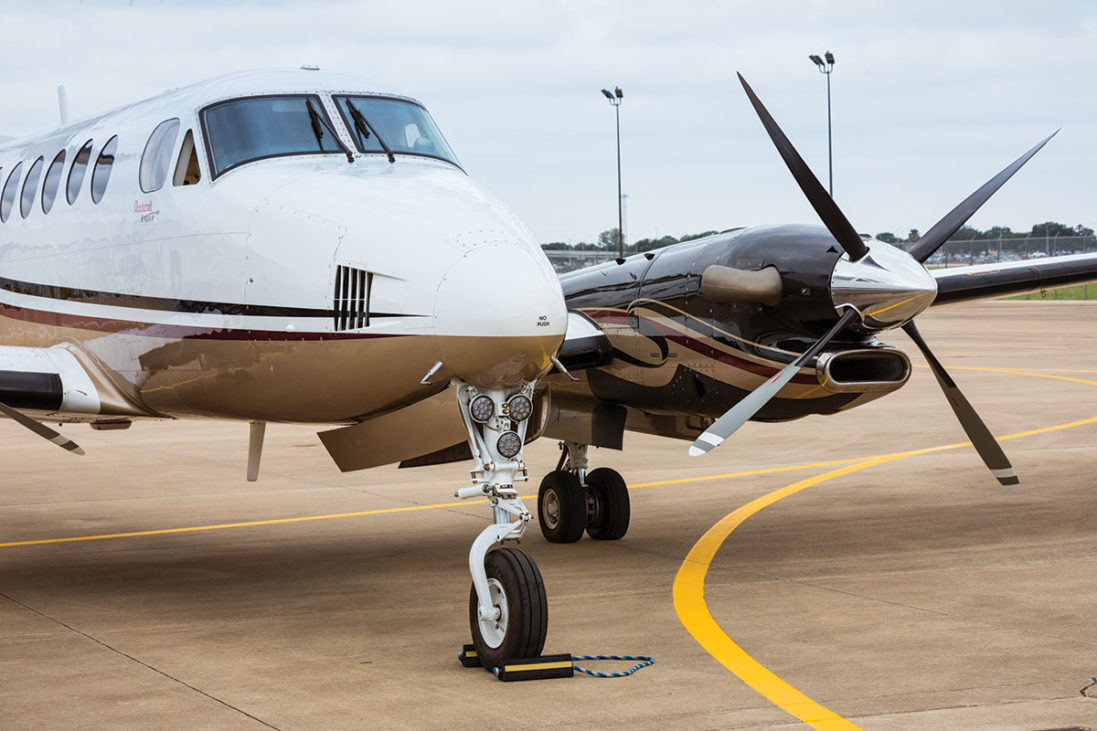
In the fast-paced, dynamic world of on-demand air transportation, every flight department must have someone who not only can ensure that all of the details of a particular trip are taken care of prior to takeoff, but is knowledgeable and nimble enough to make travel adjustments when business schedules, weather or other circumstances dictate a change in itinerary, even when an airplane is enroute. That is why many flight departments employ an aircraft scheduler or dispatcher.
Using their knowledge of aircraft performance, travel logistics and company policy, schedulers make travel arrangements for persons flying on company aircraft or on a charter or fractional flight. That entails maintaining and updating aircraft and flight crew schedules, interfacing with company pilots and flight attendants to advise them of any special passenger needs, and coordinating aircraft servicing with the maintenance department.
Schedulers also work closely with aircraft support service companies, including fixed-base operators, ground transportation providers, hotels, inflight catering companies, international aircraft handlers and others. They also often provide pilots with flight plan and weather information and obtain any necessary permits or visas for people who are flying abroad.
Once the company airplane departs, schedulers use a flight following system to ensure the safety of a trip. After a mission is complete, they usually are responsible for processing service provider invoices and company chargebacks and maintaining other flight department records.
Because the job requires attention to detail, schedulers must be organized, effective members of the flight department who can produce efficient, executable flight schedules from company-generated requests for air travel. They must have a basic knowledge of aviation practices; possess excellent analytical, computer and communication skills; and be able to coordinate with many other company departments, especially upper management.
Dispatchers, who are licensed by the FAA, not only have basic scheduling skills, they are well versed in aviation regulations, flight planning, meteorology, aerial navigation, aircraft aerodynamics, air traffic control procedures and other technical aspects of aviation. Companies that operate a fleet of aircraft, fly overseas or have especially complex travel requirements often employ FAA-licensed dispatchers.
Excelling at providing safe, on-demand air transportation requires attention to every travel detail. That is why many flight departments rely on schedulers/dispatchers to ensure that every trip goes as smoothly as possible.


 International Business Aviation Council Ltd.
International Business Aviation Council Ltd.